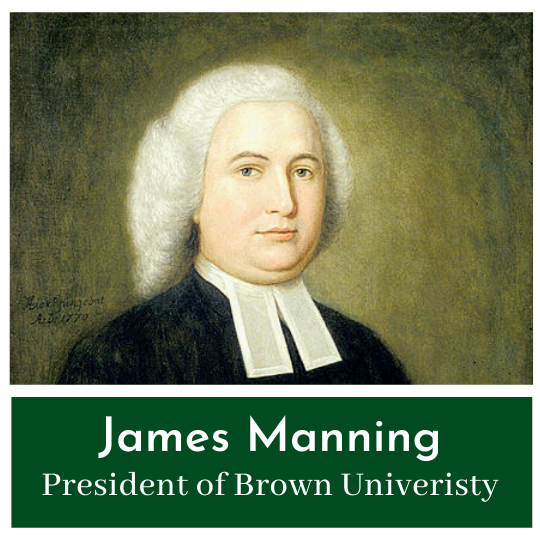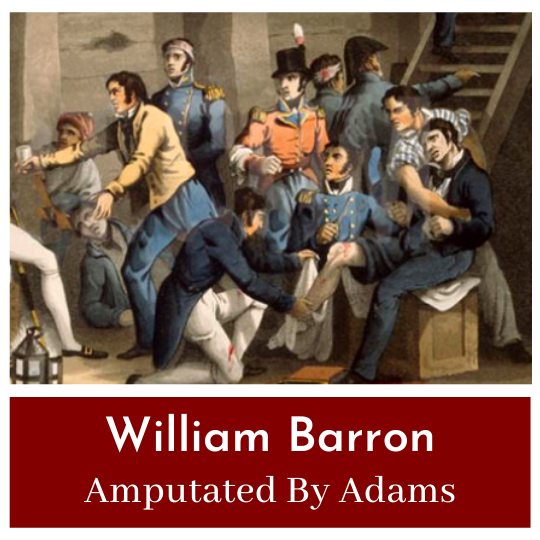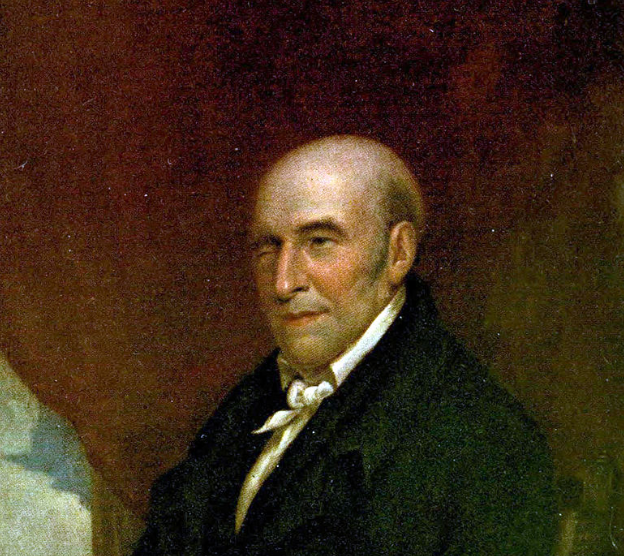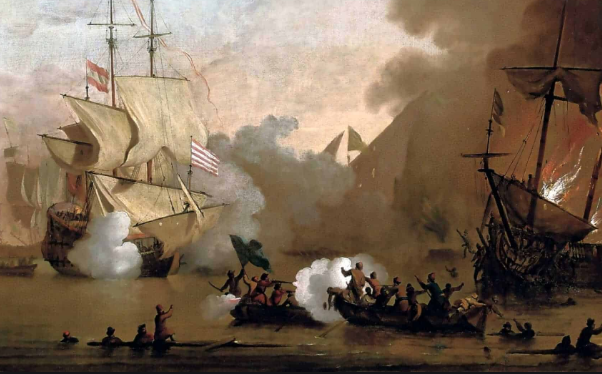Stephen Decatur - The Conqueror of the Barbary Pirates
Stephen Decatur was one of the most important Commodores in the history of the United States.
Stephen Decatur
Stephen Decatur was born into a naval family, his father having served in the Continental Navy.
Stephen trained in the family business and while still in his teens joined the Navy during the Quasi-War with France.
Establishing himself as a reliable crewman, he became an officer and sailed off to join the First Barbary War against North African pirates who had made a habit of taking American seamen as prisoners and holding them for ransom.
Burning Philadelphia
When the USS Philadelphia ran around off the coast of Tripoli, Stephen undertook a daring mission to make it once again seaworthy.
He could not get it afloat (and his scheme was found out by the leaders of Tripoli), so Decatur burned the ship and sailed off to rejoin the Navy.
His actions were so heroic that day that he was promoted to Captain. Just barely 25-years-old, Decatur is the youngest person ever to obtain that rank.
Blue-Lights
During the War of 1812, Stephen Decatur continued serving in the Navy.
Although he had some initial successes, Stephen was cornered by a British blockade and spent a large chunk of the hostilities trapped in New London, Connecticut.
Decatur attempted to run the blockade once, but the British chased him back into hiding.
Stephen was suspicious of how the enemy knew his plans, and reports came through that blue lights had been seen from the coast.
Decatur drew the conclusion that these lights had been used by Federalists to notify the British in an attempt to stop James Madison (and the United States) from winning the war.
Although this has never been proven, a letter Stephen wrote was published in the newspapers and, coupled with the Hartford Convention, cast shame on the Federalist Party. This became a major contribution to the Federalist’s downfall.
Conqueror of the Barbary Pirates
Decatur was again sent to North Africa in 1815 for the Second Barbary War.
This war, which essentially lasted a few days, saw Commodore Decatur quickly overpower his opponents.
The Bey of Algiers gave in to his demands and Stephen returned home with the nickname ‘Conqueror of the Barbary Pirates’.
Duel
Though most of America hailed Decatur as a hero, he had made one significant enemy along the way...James Barron.
Barron, himself a Commodore in the Navy, had been removed from service over a decade earlier for his involvement in the Chesapeake-Leopard Affair.
Stephen was one of the men who sat for Barron’s court martial and the relationship between the two was extremely strained.
In 1822, Barron challenged Decatur to a duel, which he accepted.
The two men stood mere feet from each other and shot at approximately the same time.
Barron was severely wounded but would survive.
He shouted that he forgave Decatur as the latter was taken away. Decatur bade Barron “farewell”.
That night Commodore Stephen Decatur, just 41-years-old, passed away in excruciating pain.
Are you interested in learning more about the Continental Navy?
Great, start with some of these articles:
Esek Hopkins: Commander of the Continental Navy
Lambert Wickes - The Continental Navy’s Most Successful Captain
Alexander Gillion - Commodore of the South Carolina Navy
Want to read more about the Barbary Wars?
Brian Kilmeade’s book on the subject is the most recent and most authoritative study of the events.
Pick up a copy through the Amazon affiliate link below (you’ll support this site, but don’t worry, Amazon pays me while your price stays the same).
Want to get fun American Revolution articles straight to your inbox every morning?
Smart!
Subscribe to my email list here.
You can also support this site on Patreon by clicking here.






